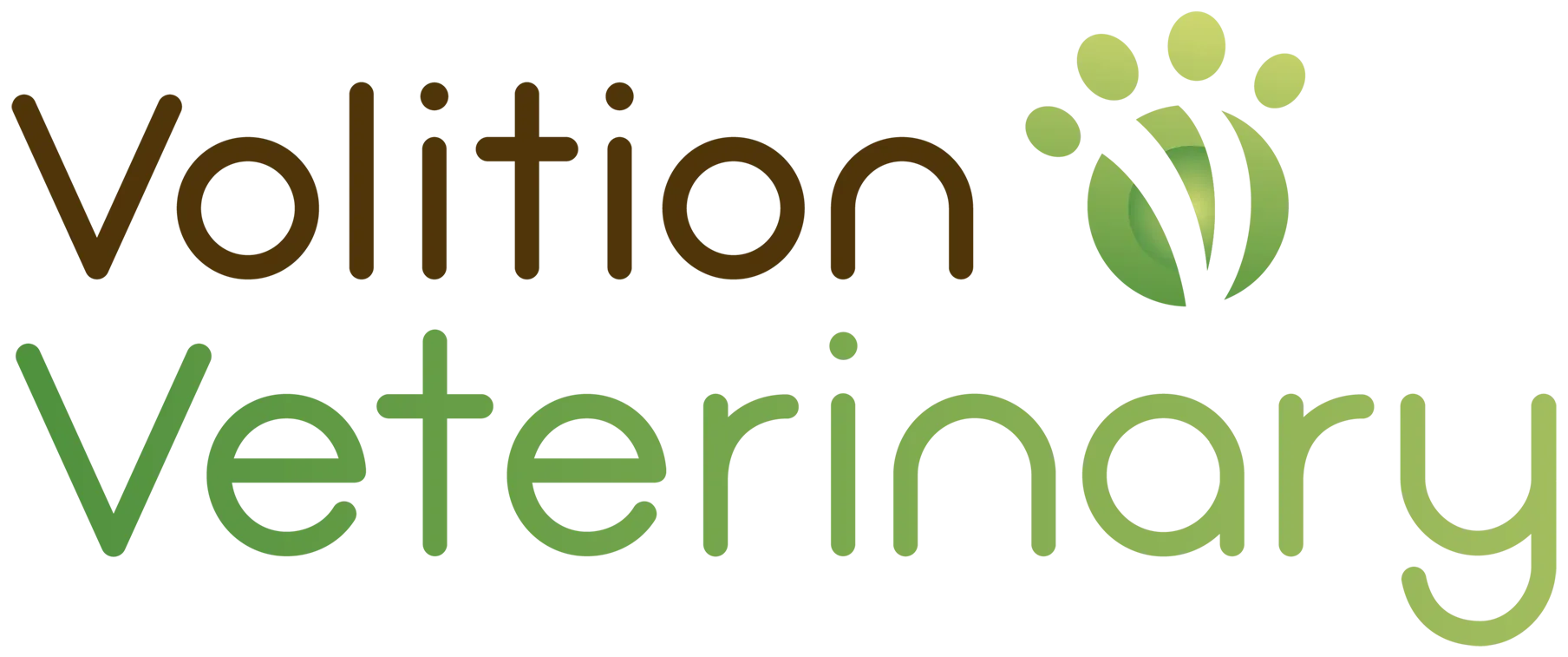My top cancer tools for 2024: Essential picks for practitioners
Get ready to discover my absolute favorite tools and innovations in veterinary oncology that you can start using in your practice right away! This fun and informative session will highlight the latest and greatest advancements that can make a real difference in diagnosing and treating cancer in your patients.
We'll dive into Stelfonta, the groundbreaking intratumor injection for mast cell tumors, and explore how the NuQ® Vet Cancer Screening Test is improving early cancer detection with a simple blood test. Learn about Vetscan Imagyst™, the point of care testing where advanced technology meets rapid and accurate cytological diagnoses, streamlining your workflow and boosting your diagnostic confidence. Plus, learn about Canalevia, my new go-to non-antibiotic oral medication for managing chemotherapy-induced diarrhea, and Laverdia, an exciting oral treatment option for lymphoma in dogs. And don't miss out on gilvetmab, the first conditionally licensed caninized anti-PD-1 monoclonal antibody for stage I, II, III mast cell tumors and stage II or III melanoma (note: this one is currently for specialists only)
This session is packed with practical insights and tips to help you integrate these fantastic tools into your everyday practice. Enhance your diagnostic accuracy, improve treatment outcomes, and provide the best care for your patients with these cutting-edge advancements. Join me and stay ahead of the curve with the latest in veterinary oncology.
- Understand the application and benefits of Stelfonta for treating mast cell tumors in dogs.
- Learn how to integrate the NuQ® Vet Cancer Screening Test and Vetscan Imagyst™ into your practice for improved early cancer detection and accurate cytological diagnoses.
- Explore the use of Canalevia for managing chemotherapy-induced diarrhea and Laverdia as an oral treatment option for lymphoma in dogs.
- Gain insight into the use of gilvetmab, the conditionally licensed anti-PD-1 monoclonal antibody, for specific cancer treatments in dogs (for specialists only).
Sponsored by:


